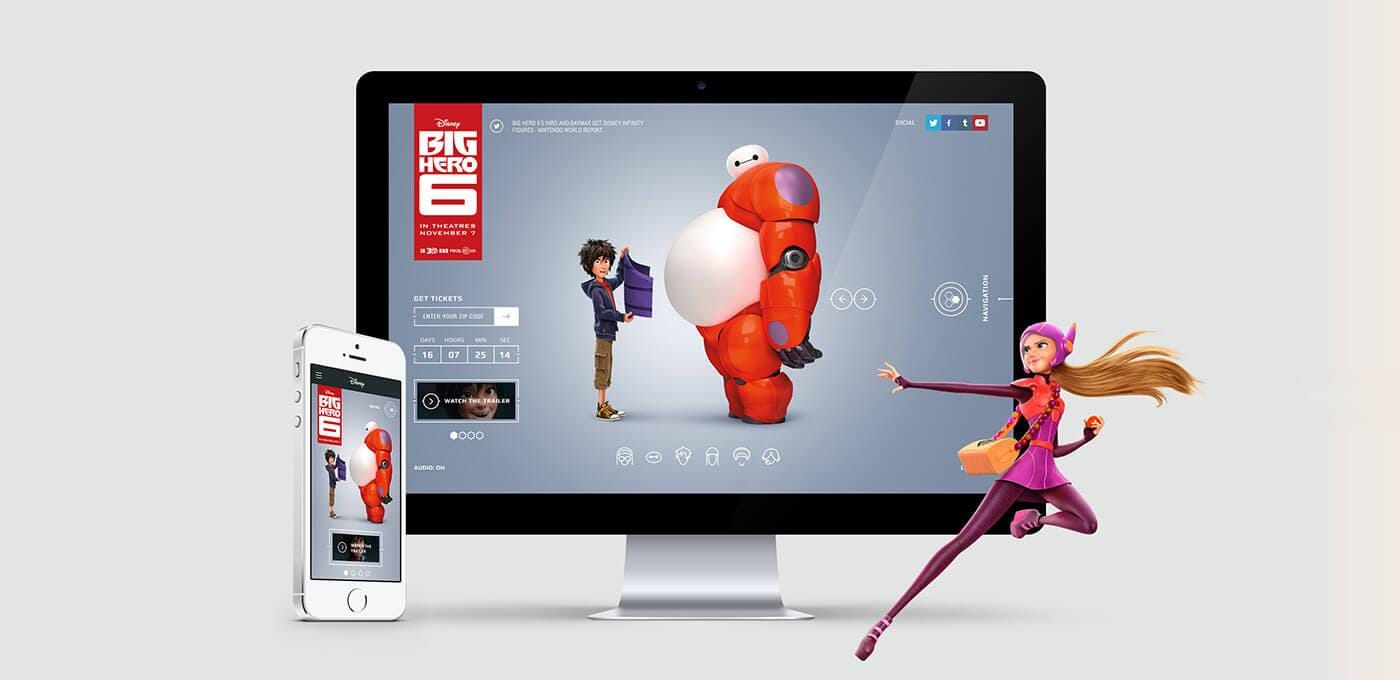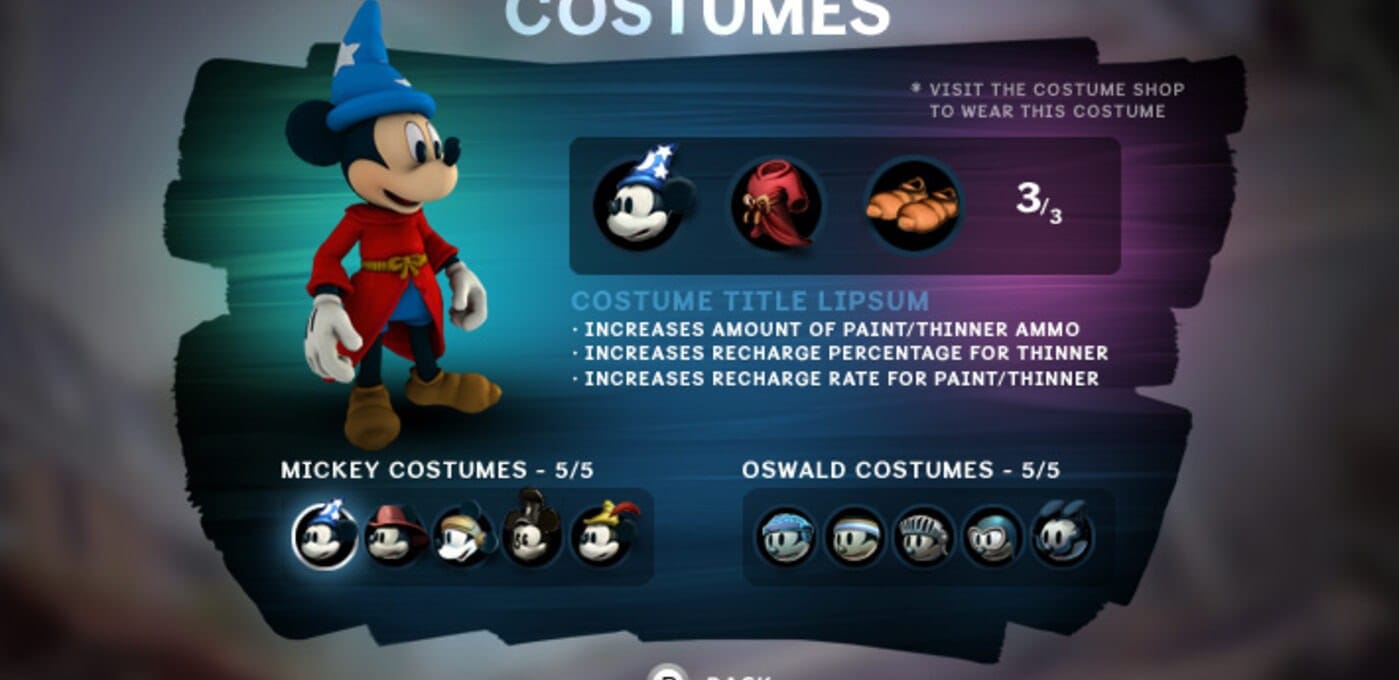Why You Should Turn Down Work When You’re at the Top of Your Game.
An interview with digital designer Rolf Johnson focusing on his freelance career partners and design progression.

Norway is known for fjords, endless winters, and beautiful women. It’s less known for its place in the world of international design—a sticking point for award-winning Norwegian designer Rolf Jensen. If you’re familiar with Jensen’s work, you know the way he’s able to balance complex elements in a way that appears not only simple, but effortless. It’s just a knack he has for emphasizing the functional part of everything he designs.
“I want to bring focus and attention directly to where people should pay attention,” he explains. “My work has gotten simpler as I’ve evolved as a designer. I think more about a project’s meaning, what I’m trying to communicate, and what the client is going to like. I think more about the client now than I ever have before. I do it their way—but also the best possible way I can.”
For Jensen, who grew up in a rural part of Norway, a move to Oslo to pursue his design career early on was mandatory. After a stint in the Norwegian capital, followed by London, New York City, and the U.S. West Coast, Jensen found his way back to Oslo in 2010 to set up digital ad agency Good Morning, a studio he helped build and run for five years. But a move back to the U.S. was in the cards.
“After a while I found myself getting tired of working in the Norwegian market,” Jensen explains. “We tried to break into the international market, but I wasn’t getting the same satisfaction as I would if I were pitching for a part in the new Doritos website.”
MY WORK HAS GOTTEN SIMPLER AS I’VE EVOLVED AS A DESIGNER
Now Jensen’s portfolio bursts with work for clients like Microsoft, Virgin Atlantic, and the movie Big Hero 6, but his stint as a Norwegian studio owner taught him more than a few invaluable lessons he’s brought to his flourishing U.S. career.
“Before starting Good Morning, I used to take whatever business people gave me, even if I didn’t really want to do it,” he says. “I was taking on everything and not giving myself time to breathe. In a lot of cases, that was wrong and I shouldn’t have done it. Most people doing this business are doing it out of passion. If money is your biggest concern, you probably shouldn’t be a designer. Go work on Wall Street.”
IF MONEY IS YOUR BIGGEST CONCERN, YOU PROBABLY SHOULDN’T BE A DESIGNER. GO WORK ON WALL STREET.
Jensen has fine-tuned his approach significantly since then, focusing far more on craft and enjoying a break from the politics of owning a studio. But as fun as freelancing is, he admits that selling your hours can be exhausting, which is why he’s embarked on a new adventure: digital product design. “Since this is your own work, it’s exciting and different from working freelance with agencies,” he explains. “There’s no client in between—just the market. The balance between trying to launch innovative digital products and freelancing feels amazing.”
He’s just got one thing left to work on: learning to say no to clients.
“When people are reaching out to you, you’re in the high seat. If you have that seat, take care of yourself and say no. Trust in what you’re doing and the client should follow suit. My biggest weakness is not saying no enough. I’m bad about letting clients get their way, but I’m working on it.”

